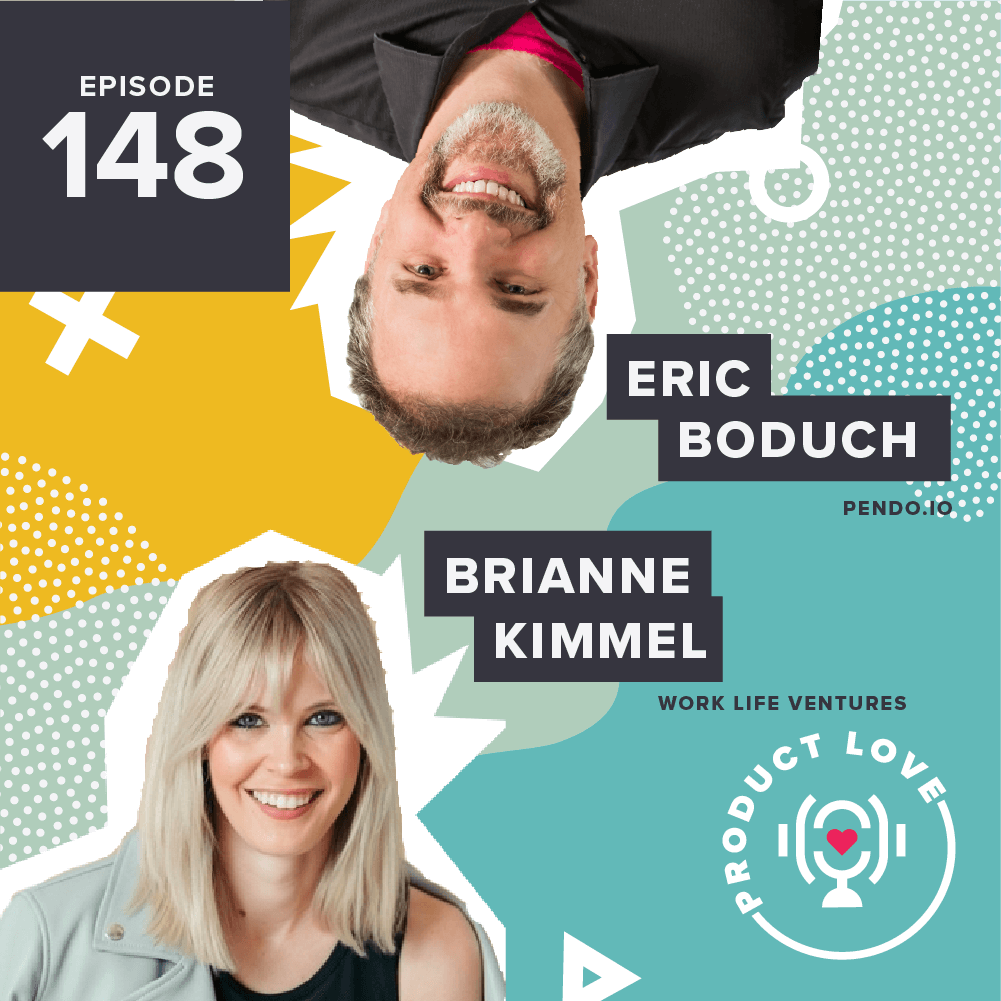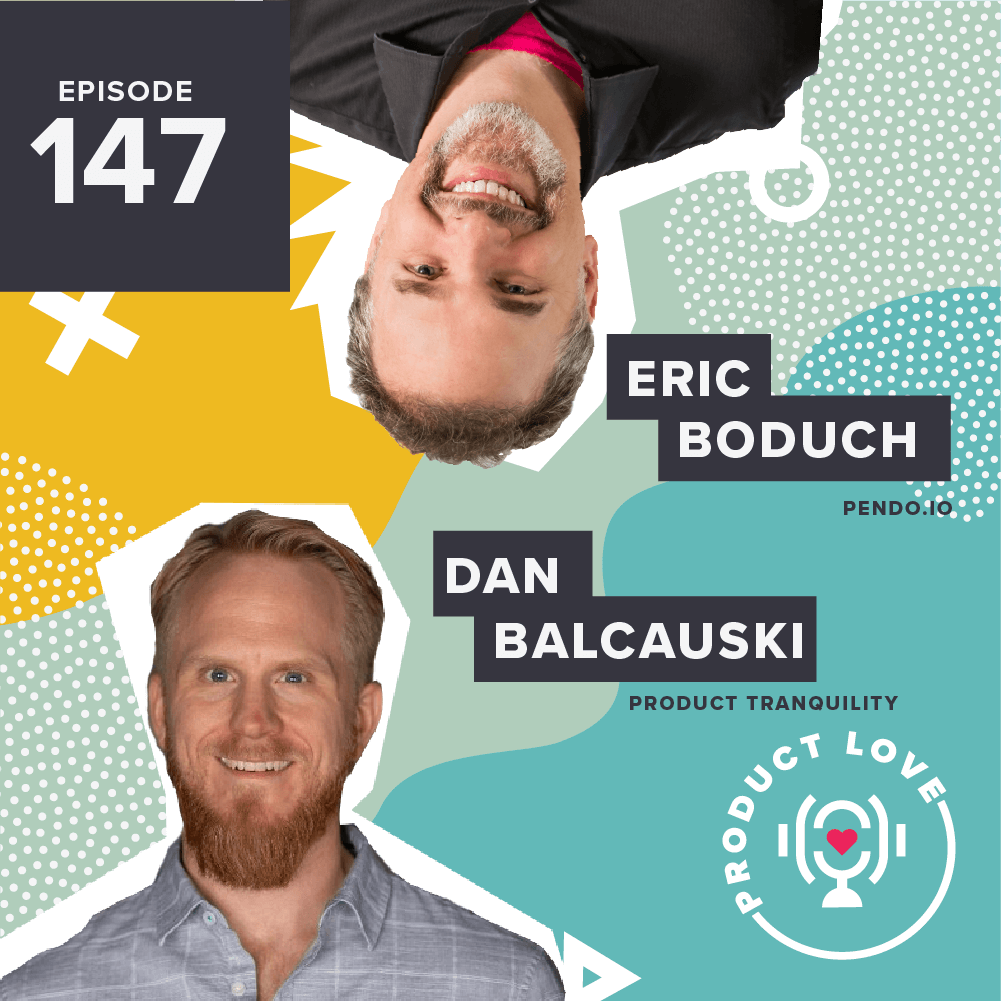This week on Product Love, I sat down with my good friend, Ben Taylor. Ben is currently the chief AI evangelist at DataRobot, an automated machine learning platform makes it fast and easy to build and deploy accurate predictive models. Before that, he was the co-founder and chief AI officer at his own startup, Zeff, and the chief data scientist at HireVue.
You’ve probably seen his name if you’ve been in the AI space long enough, or have found him through his machine learning work. You may have even heard of him back when he was a college student who was famous for opting to sleep in a tent rather than pay for rent. Don’t worry — he’ll go into that during this episode, too.
During this episode, we talk a lot about AI and start-ups, so much so that we ran out of time. Here’s a summary of part one.
AI: a rapid-growing space
There’s no doubt that AI has boomed tremendously in the last decade. Ben told me that the job he needs people to do 12 months from now is something no one is really qualified for. The landscape simply changes too quickly. His team had previously worked with university students who were studying data science, but they eventually had to disengage. What the students knew and what the industry needed were two different things. Ben was more interested in hiring people who would “learn to learn.”
They needed to be passionate and confident enough to continue to learn as the space reached new breakthroughs.
We talked a bit about what Ben’s team looks like. He hired six physicists who embody his entire value of “learning to learn.” But he also shared that AI is growing so fast that it’s nearly impossible to hire any MIT grad. He’d cycle through publications to find students who he could hire, but they usually already had offers from Facebook and Google nine months in advance.
Problems with early-stage start-ups
Back when Ben founded his startup, they were a solution looking for a problem. Three years ago, they were a bootstrap company that ended up doing a lot of custom work. Every customer looked different, and that raised a problem. What is their platform, if that’s the case? If Ben could go back in time, he would find a problem worth solving, then identify at least three champions willing to let him build a product that would solve that problem.
To him, a startup is seeking product-market fit. So how do you create a product that people want? Whose opinion weighs the heaviest? The team? The customer? The prospect? Ben warned against chasing monster accounts. He has his own anecdote on doing work for a space exploration company that came with its own fancy seven-figure contract. But stinks happen, and your product vision at this point might be utterly lost or skewed when you chase accounts over the longevity of the product.
Urgency is another problem startups face. That might sound crazy, given the startup mantra is “move fast and break things.” But actually, young startups can be killed by urgency. They have the tendency to chase money and work on things that satisfy a single customer but don’t fit the overall product vision.
Want to learn how his company got acquired by DataRobot or more about machine learning? And maybe even a funny story about his team’s AI system that is pretty good at guessing The Bachelor’s #1 pick? Listen to the episode above. See you next week for part two!


